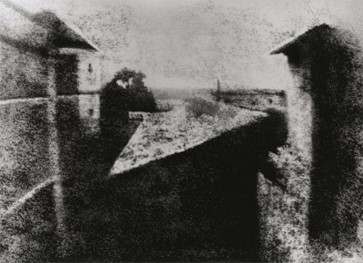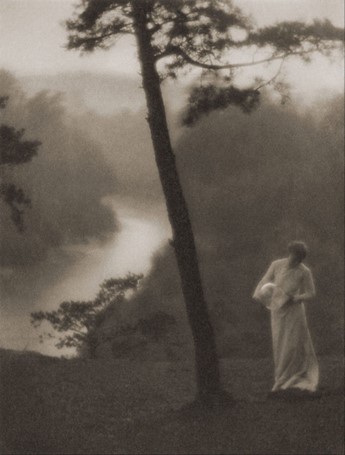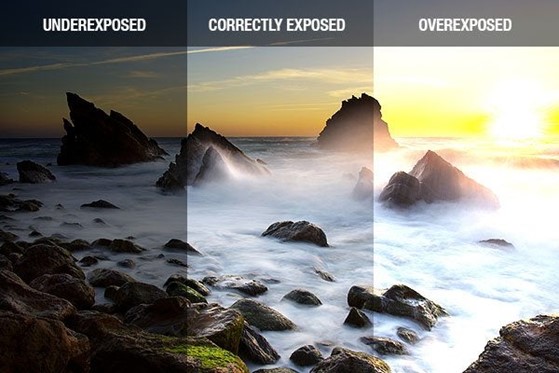Introduction to A-level Photography Quiz
Q1: What is the etymology (origin & history) of the word photography?
Writing with light.
Q2: What year was the first photograph made in camera?

1826 (Joseph Nicéphore Niépce)
Q3: When did the first photograph of a human appear?
1838 (Louis-Jacques-Mandé Daguerre)
Q4: Who made the first ‘selfie’

Robert Cornelius (1839)
Q5: When did the first colour photograph appear?

1861 (James Clerk Maxwell)
Q6: What do we mean by the word genre?
A style or category of art
Q7: What do we mean by the genre of still-life?

An image that shows inanimate objects from the natural or man-made world
Q8: What was the main purpose of the Pictorialist movement?
To affirm photography as an art form
Q9: How do we describe the term documentary photography?

Capture images that truthfully portray people, places and events.
Q10: What is exposure in photography?
The amount of light that reaches your camera’s sensor.
Q11: What controls exposure on your camera?

Aperture, shutter speed, ISO.
Q12: What control on our camera records moving objects?
Shutter
Q13: How do we explain depth of field?

How much of your image is in focus.
Q14: What factors affect Depth of Field?
Lens aperture, distance from camera to subject, and lens focal length.
Q15: What is composition in photography?

The arrangement of visual elements within the frame
Q16: What is your understanding of aesthetics in art?
Aesthetic qualities refer to the way and artwork looks and feels.
Q17: What are contextual studies in photography?

To provide historial, cultural and theoterical understanding of images.
Q18: How many images are captured on average every day worldwide?
4.7 billion
Q19: Which portrait is the most reproduced in the world?

The Queen (Elizabeth II)










Some progress, but now you have learned how to use the blog and arrange blog posts, you must aim to develop your blog posts with more detail and thoroughness, connecting concepts and ideas with technical aspects of photography too.